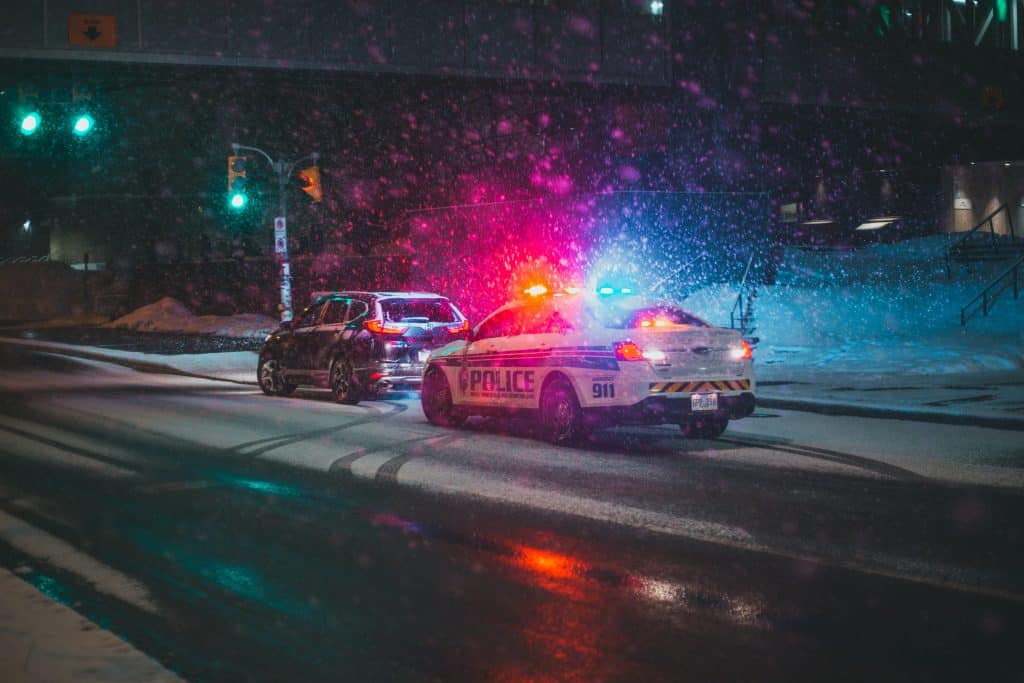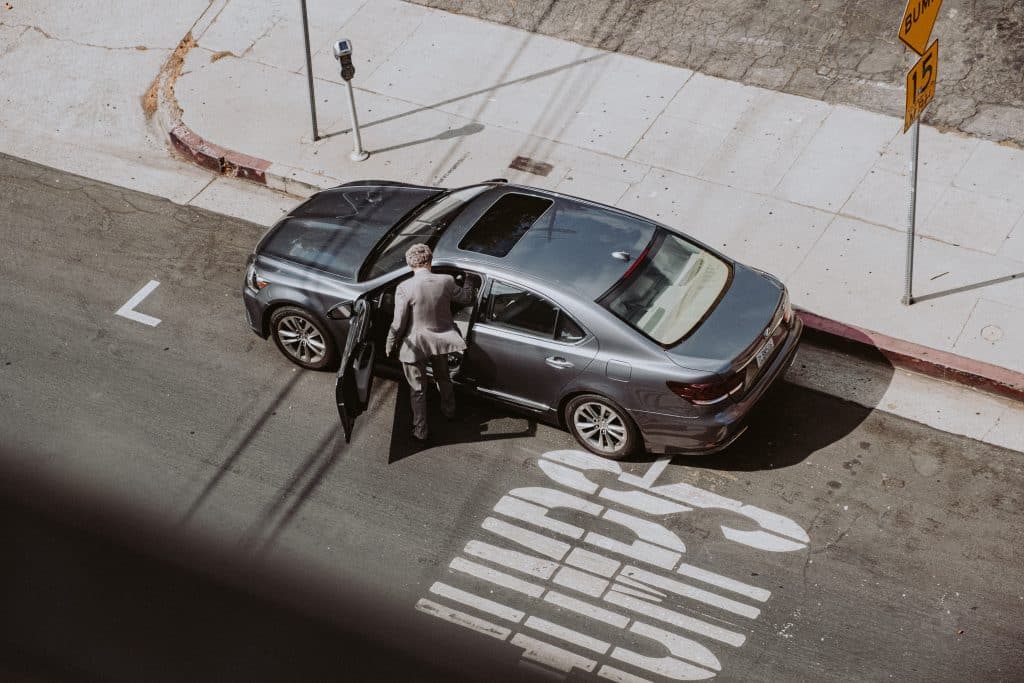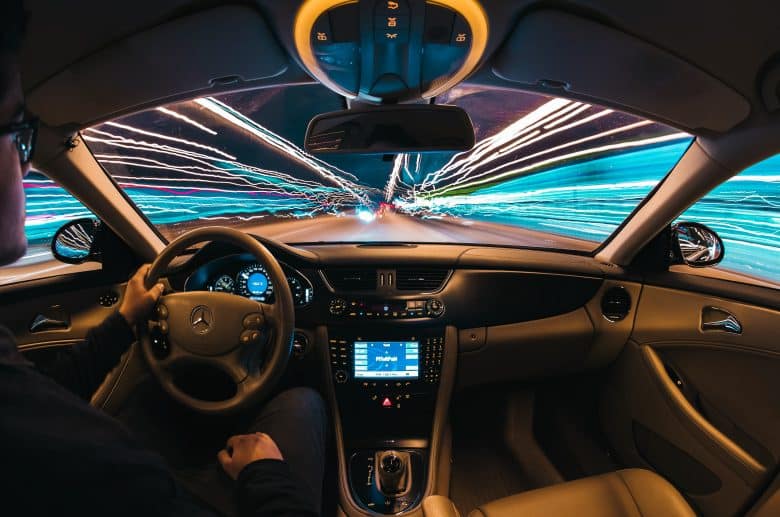Drinking and driving is an increasing problem in our society. It’s a problem that leaves many families grieving and homeless, and wrecks will only continue to happen if we don’t take some action. Dealing with this problem will require a concerted effort from our community and must be a priority for all of us.
We need to stop blaming the police for doing their jobs and instead make our community members suffering from this serious issue our number one priority.
Alcohol-Impaired Driving Laws
The laws and penalties for driving while impaired need to be harsher than they currently are. Deseronto only has a few OPP officers, and they cannot be expected to stop every intoxicated driver on Saturday nights actively.
The police will continue to do their best on their own time, but we must assist them by ensuring that these careless drivers are still taken off the streets.
Legal remedies, such as installing cameras in designated areas, may be required but must be accompanied by harsher penalties and laws. For instance, if someone gets injured by a drunk driver, they must be able to obtain a personal injury compensation claim against the driver.
This includes harsher fines for first-time offenders, more severe suspensions for repeat offenders, and more rehabilitation programs for those who keep getting caught driving under the influence.
When faced with the aftermath of a DUI arrest, one of the first steps to consider is posting bail. This process can be complex and daunting, but understanding it can significantly ease the stress of the situation. It’s not just about securing freedom, but also about gaining the necessary time and space to prepare for the legal proceedings ahead.

Sobriety Checkpoints
Sobriety checkpoints are common in cities and towns across Canada. The police will set up roadblocks at certain locations, and drivers must stop at them before they can proceed. At these checkpoints, drivers are asked to take a breathalyzer test to ensure that they are not under the influence of alcohol.
These checkpoints can be quite effective; in 2015, the Toronto Police Service made 672 drug-impaired driving arrests using RPE checkpoints.
Multi-Component Interventions
We need to conduct a county-wide initiative to attack the problem of drinking and driving from every angle. This will be done by coordinating an alcohol education program, social and health services, community organizations, and the police force.
The goal is to detect people with drinking problems early on, thus preventing them from endangering themselves or others in the future.
Ignition Interlocks
These devices allow a driver to get behind the wheel after consuming alcohol, but only by using a breathalyzer that tells the police if the person is intoxicated. If that person is under the influence, they will be arrested, and their car will be impounded.
This intervention method seems very successful; since 2006, over 80% of people convicted of driving impaired in Ontario are required to install them.

Mandatory Alcohol Education
We need to start educating the general public about drinking and driving as a social problem, not as a punishment for high-risk behaviors.
Teaching young people to drink responsibly is just as important as teaching them how and when they should not drink. The lessons will only be effective if we are willing to listen, reflect, and take action on their behalf.
Conclusion
These are some ways we can mitigate the problem of drunk drivers. Making our streets safer will benefit our families and friends and the community as a whole. We must bring together our resources and make this one priority this year. Please share your ideas with us.












I agree. Driving impaired concerns more than just you and the people who are in the vehicle with you. The laws and penalties need to be harsher for driving impaired. Also, the expanded use of ignition interlock devices prevents operation by impaired drivers. Thus, the driver will have no choice but to call a cab or ask someone else for a ride home.